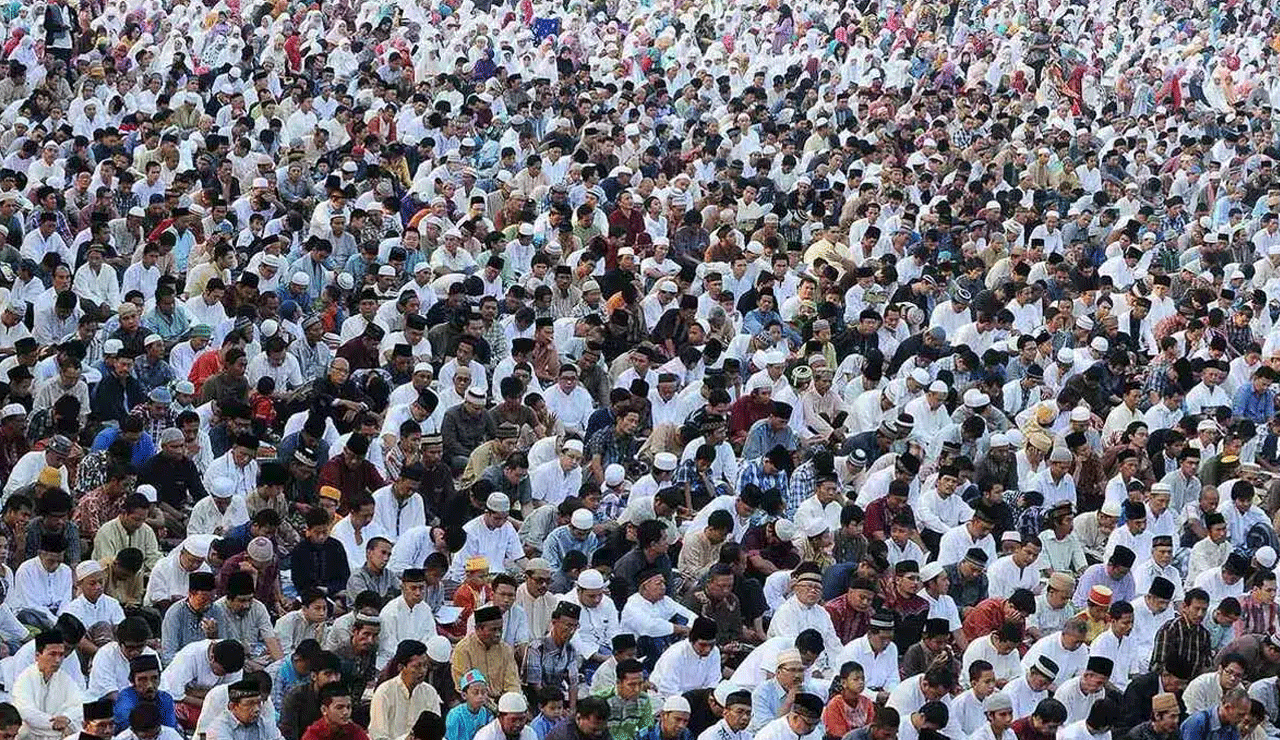First Time Ever: Centre to Unmask Hidden Caste Divides Within Muslim Community
In a landmark move, the Indian government has announced that the upcoming population census will include caste-wise enumeration of Muslims for the first time in history.

In a landmark move, the Indian government has announced that the upcoming population census will include caste-wise enumeration of Muslims for the first time in history. This development is expected to bring clarity to the socio-economic and educational status of various Muslim sub-castes, especially the Pasmanda Muslims, who constitute a majority of the Muslim population in India.
Table of Contents
What is Caste-Wise Enumeration of Muslims?
Until now, Muslims in India have been counted solely based on religion during the national census. However, various studies and state-level surveys have highlighted the existence of caste-based stratification among Muslims, contradicting the popular belief of a casteless Muslim society. The caste census will officially record these distinctions, enabling a deeper understanding of intra-Muslim social hierarchies.
Pasmanda Muslims and the OBC Category
The move assumes greater significance for Pasmanda Muslims, a term broadly used for marginalized Muslim communities. It is estimated that over 70% of Indian Muslims fall under this category. With caste data, many of these groups may gain official recognition under the Other Backward Classes (OBC) category, paving the way for improved access to education, employment, and political representation.
The Political Impact: BJP vs Congress
The BJP’s decision to incorporate caste enumeration into the census comes after prolonged demands from the Congress party, which had made it a key electoral issue. Analysts see the move as a strategic political step by the BJP to:
Also Read: Javed Akhtar Demands Strong Action Against Pakistan After Pahalgam Attack
- Undercut Congress’s electoral narrative.
- Appeal to Pasmanda Muslims, who are seen as politically underrepresented.
- Break the perceived Muslim vote bank by acknowledging internal diversities.
Caste System Among Indian Muslims: Historical Insights
Social scientist Imtiaz Ahmad, in his seminal 1973 study, had argued that caste hierarchies among Muslims persist through practices such as endogamy, occupational stratification, and notions of purity. These social structures stand in contrast to Islam’s egalitarian ideals but are deeply entrenched in Indian Muslim society.
Muslim Reservations in India: State-Wise Overview
Muslim communities already benefit from OBC reservations in many Indian states, though not uniformly. Here’s a snapshot:
- Kerala: 8% reservation in education, 10% in jobs for all Muslims.
- Tamil Nadu: 95% of Muslim groups enjoy OBC status.
- Bihar: Categorized into ‘backward’ and ‘most backward’, with most Muslims in the latter.
- Karnataka: Earlier had a 4% quota for Muslims, which was scrapped by the BJP.
BJP’s Stand on Religion-Based Reservations
The BJP maintains that reservations cannot be granted based on religion alone. However, it supports caste-based classification among Muslims to ensure that benefits are extended based on backwardness rather than faith. The inclusion of Muslims in the caste census aligns with the BJP’s outreach to Pasmanda Muslims, highlighting their lack of representation in key bodies like the All India Muslim Personal Law Board.
Why This Census Matters
The 2025 caste census is expected to:
- Provide empirical data on the economic and social status of Muslim sub-castes.
- Inform reservation policies more accurately.
- Increase Pasmanda Muslim representation in social, educational, and political institutions.
